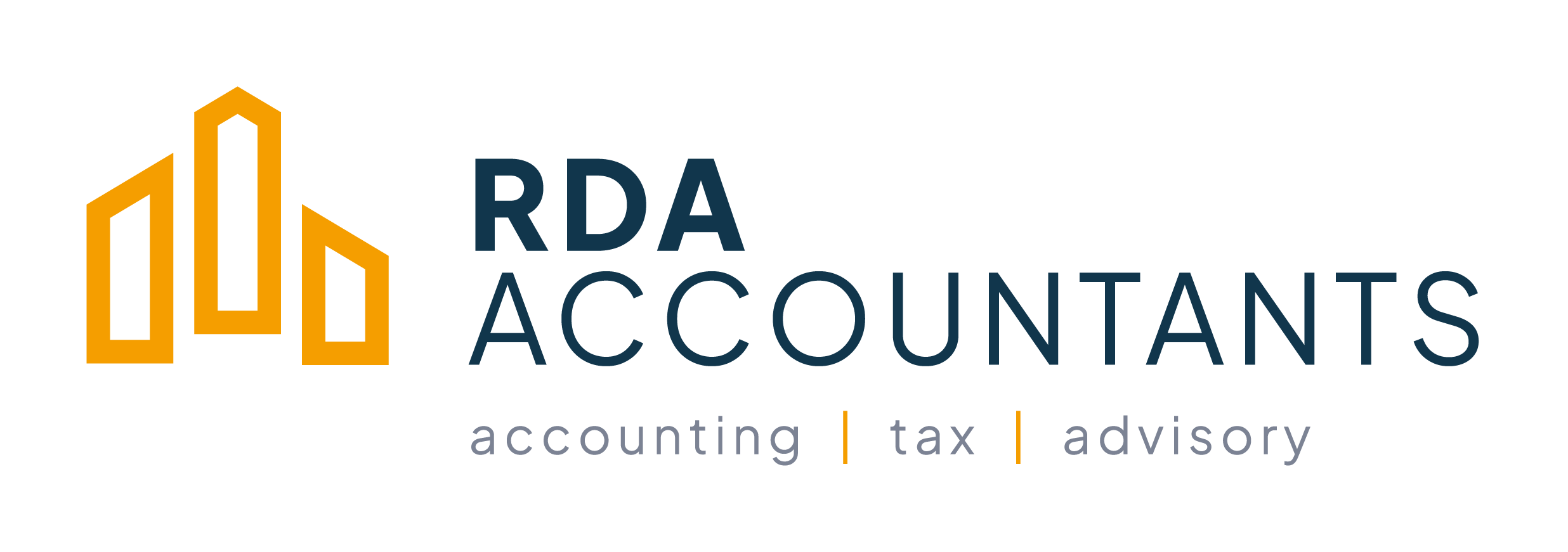When people hear "Fractional CFO," they often assume it’s just part-time bookkeeping. In reality,...
Optimising Your Operational Budget for Growth
.png?width=448&height=252&name=FOR%20SALE%20(13).png) For any business, growth is an exciting but challenging phase. As your company expands, so do its operational needs, and with them, the complexities of managing your budget. For businesses in Ireland, understanding the local market dynamics, regulatory environment, and economic trends is crucial to making informed budgeting decisions that support sustainable growth. In this blog post, we’ll explore essential budgeting tips to help you optimise your operational budget for growth in the Irish market.
For any business, growth is an exciting but challenging phase. As your company expands, so do its operational needs, and with them, the complexities of managing your budget. For businesses in Ireland, understanding the local market dynamics, regulatory environment, and economic trends is crucial to making informed budgeting decisions that support sustainable growth. In this blog post, we’ll explore essential budgeting tips to help you optimise your operational budget for growth in the Irish market.
1. Understand Your Current Financial Position
Before you can optimise your operational budget for growth, you need a clear understanding of your current financial position. This involves a thorough review of your income statements, cash flow reports, and balance sheets. Identify areas where you’re overspending or where revenue could be better optimised.
In Ireland, where costs such as rent and utilities can vary significantly by region, it’s essential to have a detailed breakdown of your expenses. Understanding your current financial health will allow you to make data-driven decisions as you plan for growth.
2. Prioritise Key Growth Areas
Not all areas of your business will require the same level of investment to grow. Prioritising key growth areas—such as expanding your product line, investing in marketing, or enhancing customer service—ensures that your budget aligns with your strategic goals.
For example, if your goal is to expand into new regions, you might prioritise marketing and sales efforts in those areas. On the other hand, if your focus is on improving operational efficiency, investing in technology and staff training might take precedence.
3. Allocate Funds for Unexpected Costs
Growth often comes with unexpected costs, whether it’s an unplanned equipment upgrade, a sudden increase in demand, or new regulatory requirements. Allocating a portion of your budget as a contingency fund can help your business absorb these shocks without derailing your growth plans.
In the Irish market, where changes in tax laws or economic conditions can impact your business, having a financial cushion is particularly important. This buffer ensures you’re prepared for any surprises that might arise as your business scales.
4. Leverage Technology for Efficiency
Investing in technology can lead to significant cost savings and efficiency gains, particularly as your business grows. Whether it’s adopting cloud-based accounting software, automating payroll, or using customer relationship management (CRM) tools, technology can streamline your operations and free up resources for other areas.
There are several grants and incentives available for businesses looking to invest in technology. Taking advantage of these can help reduce the financial burden of technological upgrades and keep your budget on track.
5. Regularly Review and Adjust Your Budget
Growth is a dynamic process, and your budget should reflect that. Regularly reviewing and adjusting your budget allows you to respond to changes in your business environment, such as fluctuating costs, shifting market demands, or new growth opportunities.
For businesses, this could involve revisiting your budget quarterly or even monthly, depending on the pace of your growth. Adjustments might include reallocating funds to high-performing areas or cutting back on underperforming ones to ensure your budget remains aligned with your growth objectives.
6. Focus on Sustainable Growth
While rapid growth can be exciting, it’s important to focus on sustainability. Overextending your budget in the pursuit of quick expansion can lead to cash flow problems and put your business at risk. Instead, aim for steady, manageable growth that allows you to maintain financial stability.
7. Seek Professional Financial Advice
Navigating the complexities of budgeting for growth can be challenging, especially if you’re managing multiple aspects of your business. Seeking professional financial advice can provide you with the insights and expertise needed to optimise your operational budget effectively.
At RDA Accountants, we specialise in helping growing businesses manage their finances with confidence. Our team of experienced financial advisors can assist you in developing a budget that supports your growth goals while maintaining financial health. We offer tailored advice on everything from cash flow management to tax planning, ensuring your business is well-positioned for sustained success.
Conclusion
Optimising your operational budget for growth is a critical step in ensuring your business’s long-term success. By understanding your current financial position, prioritising key growth areas, and regularly reviewing your budget, you can make informed decisions that support your business’s expansion.
Taking a strategic approach to budgeting is essential in navigating the unique challenges and opportunities of the local market. If you’re ready to take your business to the next level, contact RDA Accountants today. We’re here to help you optimise your budget and achieve your growth ambitions with confidence.




